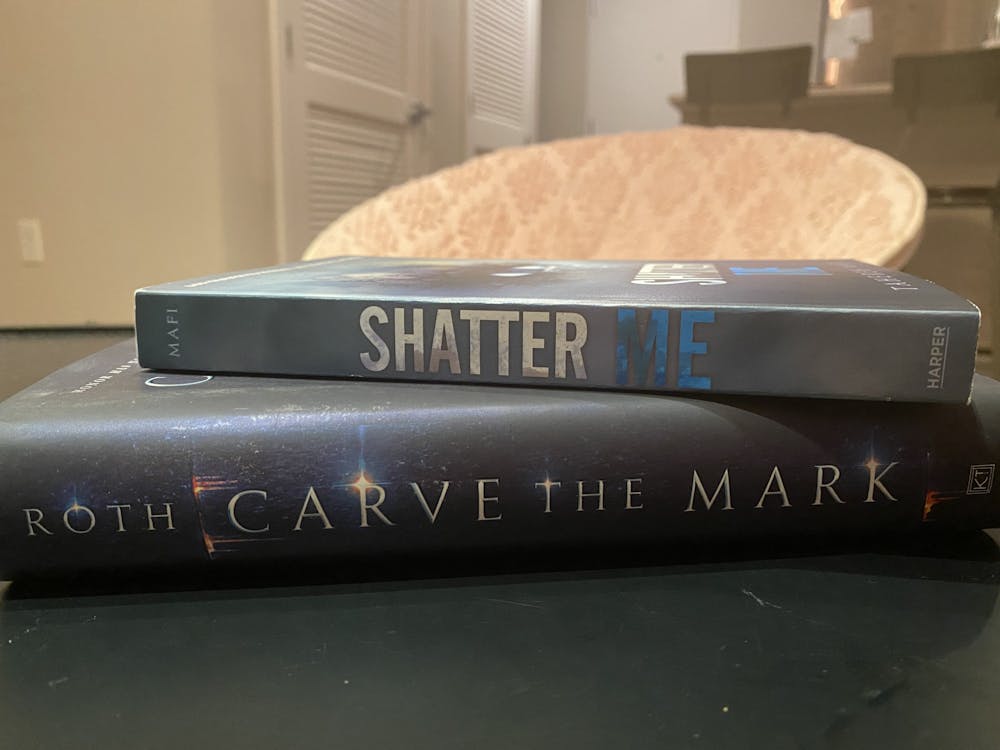“The Hunger Games” by Suzanne Collins was published in 2008. “Fahrenheit 451” by Ray Bradbury was published in 1953. “1984” by George Orwell was published in 1949. And, “Anthem” by Ayn Rand was published in 1938.
We’re living in a dystopian society that parallels many of the themes present in these novels. We live in a dystopia because there are injustices around the world, leaving many groups are in physical and emotional pain. Suppression of basic human rights? Yep. Letting people of lower socioeconomic statuses die? Yep. Lack of transparency from the government? Yep.
The saddest part of it all is this was all predictable. Look at the examples I gave — it goes back all the way to 1938. That was 82 years ago. And there are even more examples of dystopian novels further back in time. We just never chose to listen to any of them.
Sure, we study these novels in school. We act like they matter. We act like we care. We read them and annotate them and take tests over them. But do we really internalize them? Or do we just regurgitate the information so we can get an “A” on an essay?
Ultimately, I don’t believe we really comprehend the severity of these themes — loss of individuality, inability to speak out against societal wrongdoings and the destruction of society. And that's because schools don't let us.. It’s exactly as I mentioned before — in schools, especially high school, we read to regurgitate, not to have open discussions or share new ideas. In high school, we don't read to discuss, “Hey, what would happen if we actually lived in a society like this? Do we already?”
And the answer is yes, we do. We really, really do.
Authors write dystopian novels for a reason. They often take a prevalent theme in modern society and take it to a futuristic extreme to show the potentially dangerous consequences of going down down a dark and irreversible path.
In all these novels, society begins to fall apart at the seams. Within their pages, they often tell fictional stories of political turmoil, natural disasters, mass murders, famine and more. Those ideas, sadly, aren’t far off from the reality we know today.
In New York City’s Times Square, there is currently a clock counting down the years we have until the climate crisis is irreversible and our planet is doomed. Amy Coney Barrett was nominated Sept. 25 in the White House Rose Garden to the Supreme Court by President Donald Trump, and her conservative views threaten the fundamental rights of women across the nation. Outside of the U.S, China has least 380 internment camps have been created to “re-educate” Uighurs.
Those dystopian novels were right. Human rights are being suppressed. People are dying. The planet itself is dying.
And all high school taught us to do was take a test about which character said what line.
The good news is we can do something. First off, you can vote. Indiana voter registration closed for the upcoming Nov. 3 election on Monday, but if you’re registered, vote for candidates that will guarantee fundamental human rights for everyone. If you’re not registered for this election, make sure you register for the next one — it’s unpatriotic not to vote.
In addition, go back and read some dystopian novels for yourself. This time, you won’t be reading it for class. You won’t have any school assignments related to the book to distract you. You’ll be reading for real meaning.
Lastly, be a responsible citizen on a daily basis. Read and watch the news. Call out people for saying discriminatory things. Write and call your political representatives. Have open discussions with friends and family. Fact check both people you know and people on national and international stages.
And, as cheesy as it may sound, just don’t give up. We can be better. And, someday soon, we will be.






